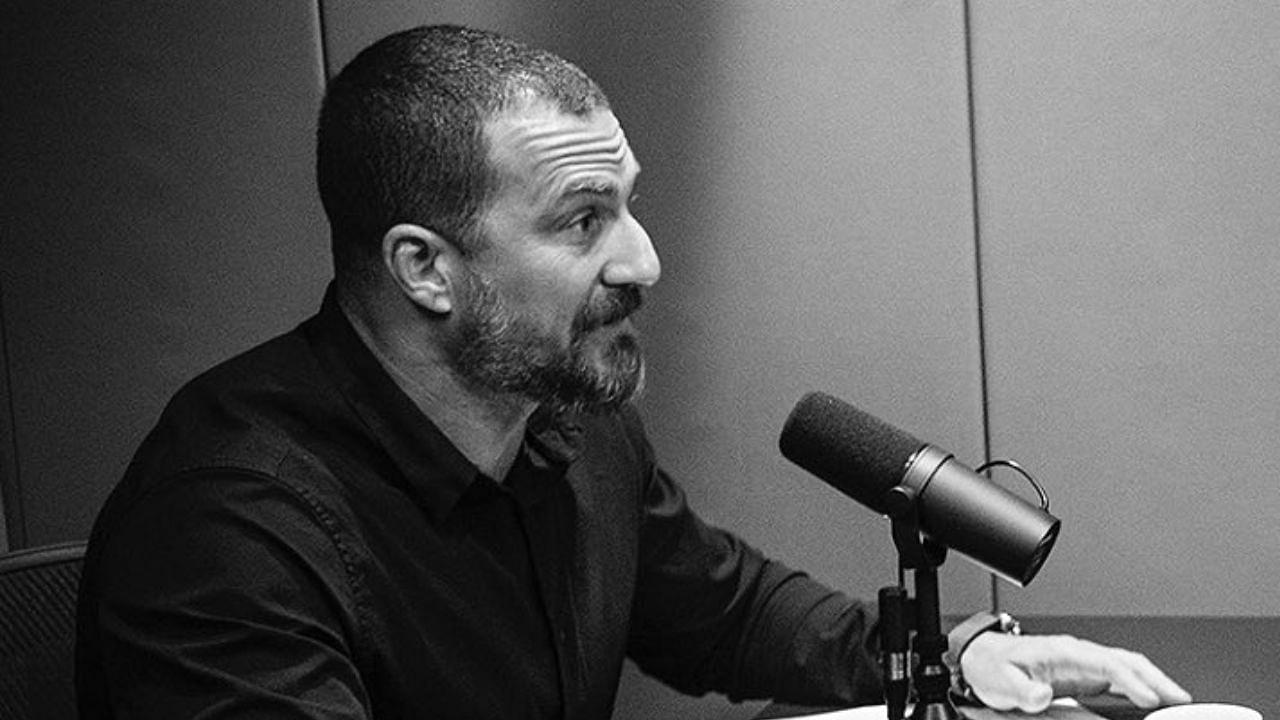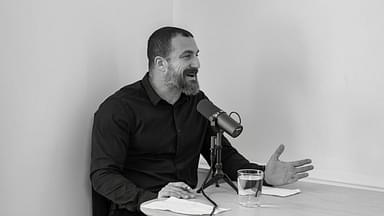One would associate dopamine levels in the brain with satisfaction and motivation. However, it also plays a crucial role in controlling memory, mood, sleep, and other body functions. Neuroscientist Dr. Andrew Huberman has often spoken about the chemical in various conversations surrounding sleep and brain functions.
Recently, the Stanford professor found studies that associated changing levels of dopamine production with certain relaxation practices. Something that Dr. Huberman himself researched a lot about was the non-sleep deep rest phase of the mind. Here, the brain activity is slowed down considerably to help the body relax and replenish dopamine levels.
In his recent video, amidst a vast array of subjects surrounding tools to enhance memory, the neuroscientist focused on a particular form of non-sleep deep rest called ‘Yoga Nidra’. The Sanskrit term translates to yoga sleep and refers to activities performed to relax. While the practice is over a hundred years old, it’s still just as effective.
However, what Dr. Huberman found intriguing was a Scandinavian study about the practice. Yoga Nidra instructs one to try not to fall asleep. Instead, it tends to put the brain in a state that the neuroscientist deems “unusual”. This study brought together a group of people who lay down and listened to a Yoga Nidra script while researchers measured their dopamine levels.
“What they discovered was that after performing a Yoga Nidra protocol the baseline levels of dopamine…available in the basal ganglia and a few other structures of the human brain…was increased by as much as 60%.”
Admittedly, the researchers did not account for the duration of the Yoga Nidra script. Yet, Dr. Huberman felt strongly positive about the tool’s role in cognitive functioning. So much so that he boldly claimed that NSDR or Yoga Nidra was the only tool to significantly improve cognitive functioning without the involvement of any additives.
“Zero-cost, very low if any risk protocols that one could perform in order to improve dopamine levels without having to ingest anything take anything, and really do much of anything at all except lie there.”
NSDR is a helpful tool to induce a relaxed state of the brain that assists sleep. The neuroscientist has often talked a lot about healthy sleep patterns and ways to achieve them. One of the most popular techniques is his go-to sleep cocktail.
Dr. Andrew Huberman reveals his ultimate sleep cocktail and holy trinity
To get better sleep, Dr. Huberman listed his set of trustworthy supplements that aid his sleep cycle. Amongst other practices that would help with the process, supplements acted as a bonus.
Magnesium Threonate, L-theanine, and Apigenin were the three supplements that the neuroscientist always made sure to include in his stack. Combined with daily habits like exercising, avoiding melatonin, and more, he guaranteed a good night’s sleep.





